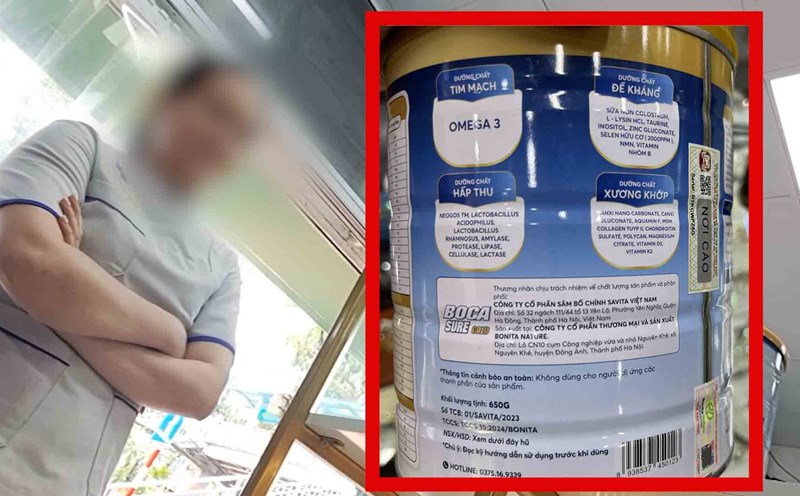From July 1, online loans must be reported to CIC
From July 1, 2025, online borrowers via the application (money lending app - according to Decree 94, called "terprise-level lending solution") will have to face a series of new tightening regulations, according to Decree 94/2025/ND-CP recently issued by the Government.
Notably, lending platforms must exploit and report borrower information to the National Credit Information Center (CIC) to control the outstanding loan limit and credit status of each individual.
The Decree clearly stipulates: Financial technology companies (Fintech) providing peer-to-peer lending services (P2P Lending) must have measures to determine the maximum outstanding debt for each borrower, and at the same time connect directly with CIC to ensure that borrowers do not exceed the permitted limit. This means that if you are using multiple loan apps at the same time or have a history of bad debts, you are likely to be denied a new loan because you have exceeded the credit threshold.
The entire process of disbursement, interest payment, and service fees must be done through a payment account or e-wallet under the borrower's name. Using another person's account to transfer money will no longer be accepted in the new experimental model.
This is a move to increase transparency and prevent the current situation of household loans and disguised loans in the online lending market.
The Decree also limits the loan contract term to no more than 2 years. Platforms must clearly publicize this clause when connecting the borrower and the lender.
Each lending model can only operate within the testing scope licensed by the State Bank, and must not arbitrarily deploy beyond the permitted scope or cooperate with organizations of unknown origin.
Non-transparent loan apps will be removed from the game
Another noteworthy point is that only domestically-owned Fintech enterprises are allowed to participate in the trial. Foreign-invested enterprises are not licensed to pilot peer-to-peer lending models in Vietnam.
Currently, many people who borrow money online still do not fully understand what CIC is. This is a national credit information management agency, which preserves the entire history of borrowing, repaying debts, overdue conditions, and classifying personal credit ratings. When borrowers have low credit scores and are classified as bad debts, their ability to access capital from loan applications or banks will be severely affected.
Although not an officially recognized model, the Government's inclusion of peer-to-peer lending services in the pilot framework shows efforts to control black credit in the midst of technology, while building a transparent legal corridor for new financial services.
With a series of changes to be applied from July 1, people need to be more careful when borrowing money through apps, especially apps of unknown origin or that do not publicly disclose loan terms. Priority should be given to choosing a transparent platform licensed for testing to ensure benefits when legal risks occur.











